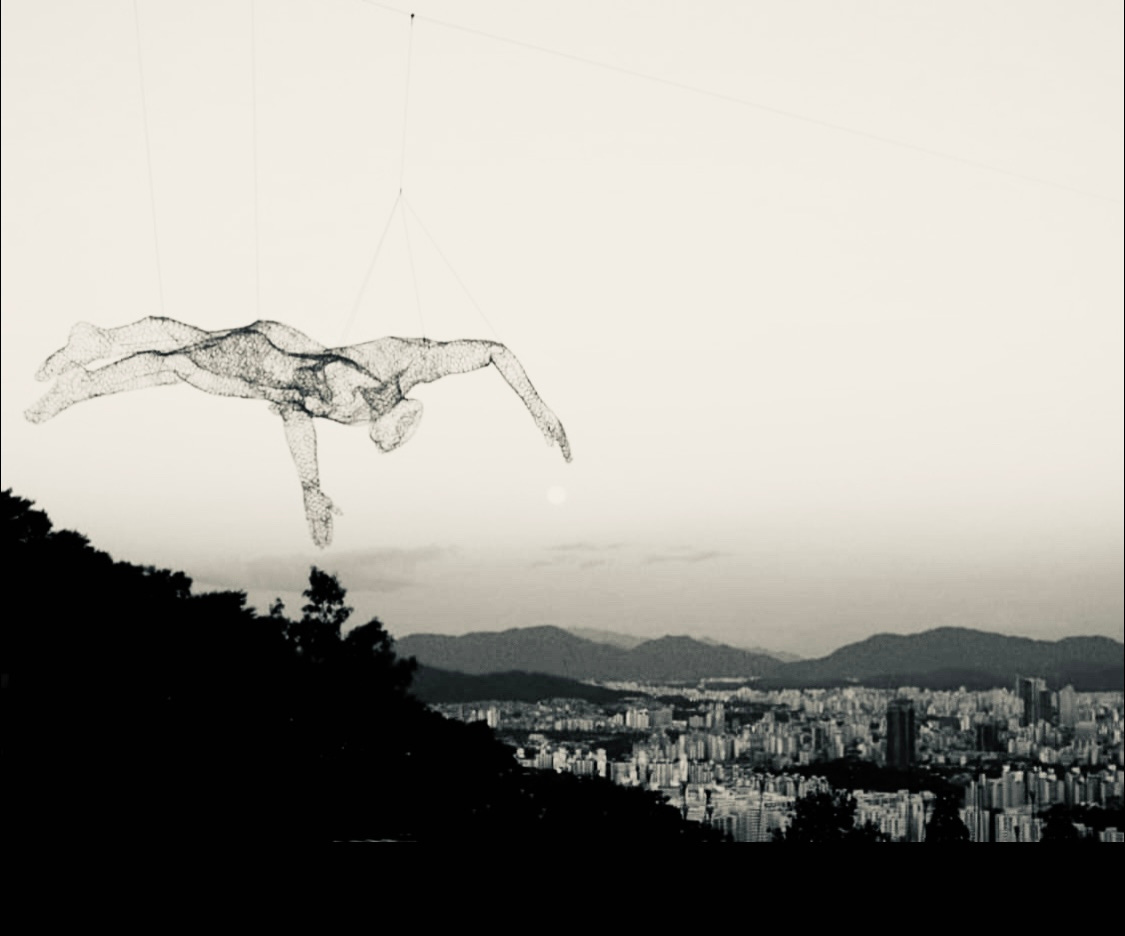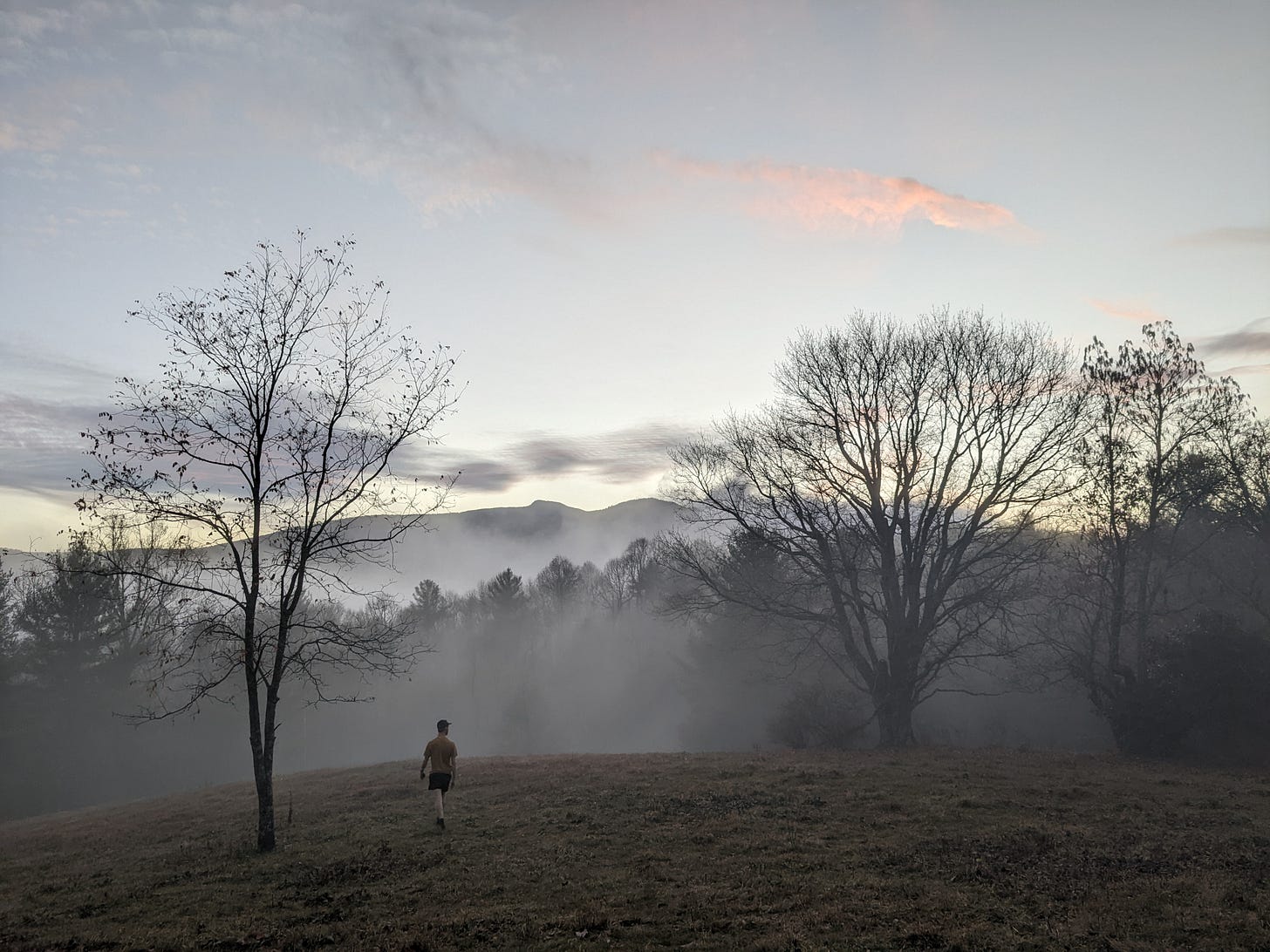Further Reading: Resources on fresh grief
I'm so sorry that you need these. May they help you to feel less alone.
I originally started writing on Substack in early 2023 as a way to process the grief of losing my daughter in late pregnancy in early 2022. Since then, this newsletter has grown to encompass a wide range of topics on motherhood, self-tending, and the intersections in between. But the heart of my work has always been about healing grief and burnout, and moving through these tough tending seasons into a space of happiness, health, and liberation.
Last week, I was deeply moved by the ways in which folks responded to my most recent essay about my brother, who was diagnosed with brain cancer in 2011 and died in late 2013. So many of you connected to the feelings I shared — about feeling inadequate in the face of suffering, and yet ultimately, choosing to bear witness and to walk beside someone who is dying anyway. And then choosing carefully the words we use to tell our stories, and those of our loved ones, in ways that honor not just their suffering, but their strength.
For those who wish to move through grief in community, I’d like to invite you to our upcoming In Tending caregiver circle on grief on October 28 at 10:30am EST on Zoom. If you have not yet attended one of our circles and would like to, you can learn more about how our circles work here, and sign up to receive the Zoom link here.
In the meantime, I have included a collection of resources from the In Tending archives below. May they serve as a trail of bread crumbs for you through this dark forest, and offer you the sense that even if we may not know each other personally (yet!), many people in the In Tending community are walking beside you in spirit.

Essays
The aforementioned piece about cancer, caregiving and grief.
A piece that gives readers a rundown of my experiences with grief and healing, from losing my brother in 2013 to losing my daughter-to-be, Saule, in 2022 — and then returning to writing as a way to make sense of it all
Learning the truth about grief from trees
I got very into the work of Suzanne Simard, a remarkable ecologist who studies tree communities, after my 2022 pregnancy loss. I then wrote a lot about the mycelial web, as one does.
Mourning and re-making the village
More words inspired by Simard, as well as Indigenous wisdom and book recs, on rebuilding “the village.”
Millennials were made for this moment
Some specific observations on the ways in which Millennials have developed a more inclusive, transparent style of care than generations past, especially when it comes to previously stigmatized kinds of grief.
In grief, we need our communities to support our right to rest
The topic of bereavement leave/being able to take time off of work is a huge and recurring one in the loss community. This piece talks about how my workplace in particular allowed me time to rest, about how this is not common, and about how it needs to be.
When I don’t know what to do next, I watch the light
Some hard-won lessons I’ve learned while gardening and grief, and ways to chart a path forward when your previous life plans have recently been upended by loss.
The Complicated Mother’s Day Club
A guide to supporting people who have been through mother-related losses on Mother’s Day (and every day!)
The Red Thread that connects us all
On what I learned from my Korean neighbors about caring for all community members (originally written soon after my brother was diagnosed with brain cancer).
On the importance of being held in unconditional compassion by our communities (sangha) when we’re struggling – whether it’s a formal spiritual group we’re talking about, or just an old friend willing to sit with us on a park bench.

Interviews
Interview: the Rev Molly Bolton, former Cleveland Clinic chaplain and loss parent
Molly is a salty Southerner and a complete delight. She has some great clap-backs in here for people who offer unsolicited commentary on the bodies and choices of people moving through loss. She also has some great meditations on queerness and working with teens that I found life-affirming.
Interview: Hayley Manning, therapist and host of “Time to Talk TFMR”
Hayley has survived divorce, recurrent miscarriage, and termination for medical reasons (TFMR). She has one child and has chosen to focus on other creative avenues besides growing her family (hence the term she’s coined, “alternative rainbows,” which I think is such an empowering concept)
Interview: Jessica Van Wyn, facilitator at RTZ Hope (and devoted child-free-not-by-choice auntie)
Jess was my own grief group facilitator when I was recovering from my own late-term loss. She’s done a lot of advocacy within the Mormon community and believes passionately in the power of advocacy through storytelling. She does not have living children and is instead focusing on being an amazing auntie—she’s currently moving across the country to be closer to niblings. She has some mic-drop lines in this interview that will resonate with anyone with a similar story.
Interview: Rebecca Long and Colleen Little, authors of “I’m Sorry for My Loss”:
This book is highly recommended for anyone who is moving out of acute grief, and is ready to gain a larger perspective about the state of pregnancy loss in America. (Full disclosure: my story is in it.)

Other resources
The RTZ Hope website, where you’ll find my own grief group offerings. I typically co-facilitate two cohorts per year, one in the fall/winter and one in the winter/spring; I will be co-facilitating my next cohort with my dear friend Emily Marlowe on October 28, 2025, and you can register here. You’ll also find other lovely offerings from my colleagues all year round.
The Dinner Party website, which offers a way for young adult grievers to gather at local tables together. I was a host for this organization for a while and I have only good things to say about them.
My potluck-planning template. This can be used to organize a community around supporting someone in grief, ensuring that they don’t get ten casseroles and do get at least one tub of hummus.
My trauma-informed baby guide for friends. I send this guide to friends who have been through perinatal loss, so that they can pick and choose the sections they want to read and skip the rest (i.e., if it doesn’t serve them to read a birth story, they don’t have to). It also has a lot of guidance on how dads/non-gestational partners can be active in baby’s care.


Thank you for sharing this deeply helpful post, Ryan. What a balm it must be for those in the early echoes of fresh grief. I have to say it also resonated deeply with me, though my grief has long been hardened by the passage of time.